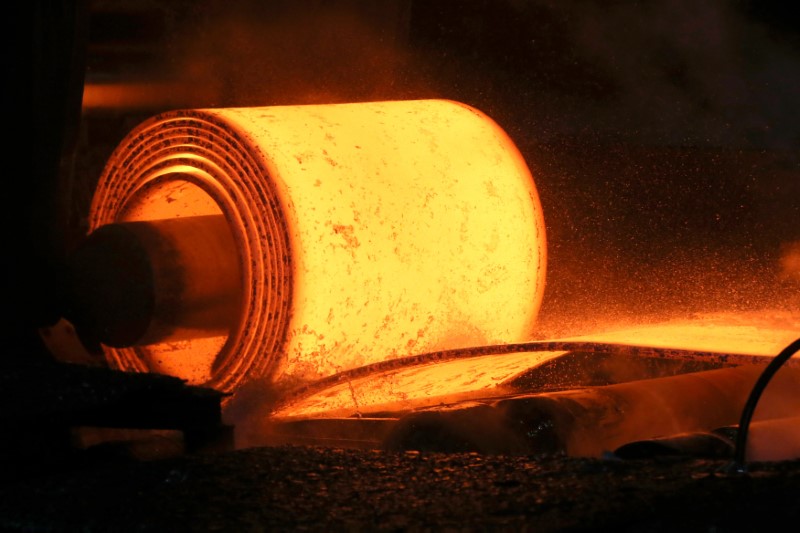UnitedHealth tests AI system to streamline medical claims processing - Bloomberg
Investing.com -- SSAB’s (ST:SSABa) stock rose on Wednesday after its fourth quarter results posted strong cash flow despite weak European and North American markets. High-strength steel demand remained stable.
The Swedish steel company reported SEK 4.1 billion in operating cash flow during the fourth quarter, driven by effective working capital management.
Revenue decreased 11% year-over-year to SEK 23.6 billion, and operating profit declined to SEK 487 million from SEK 2.4 billion in the prior year.
Despite these declines, strong cash flow enabled SSAB to maintain a strong financial position. This strength is further evidenced by their SEK 17.8 billion net cash position at the end of the quarter.
SSAB’s premium steel products provided some cushion against broader weakness in the industry. High-strength steel and other specialty offerings contributed to steadier pricing compared to standard products, particularly in SSAB Special Steels, which posted an operating profit of SEK 629 million.
Meanwhile, the company’s European and North American operations struggled with lower margins, but operational discipline helped limit the impact.
The recent downturn in European steel consumption, primarily due to sluggishness in the construction and automotive sectors, is not expected to reverse quickly, as per SSAB’s chief executive in an interview with Bloomberg News on Wednesday
“There are dark clouds over the European economy and especially within the construction segment and automotive segment, which account for roughly 40% to 45% of the consumption of steel,” said SSAB AB’s chief executive, Johnny Sjostrom, told Bloomberg.
Steel demand is widely considered an indicator of global economic health. European and US steel producers are currently facing challenges from increased competition from inexpensive Chinese imports.
Steel consumption in Europe last year reached a level lower than even during the pandemic-affected year of 2020 and is among the lowest recorded in a considerable period, he added.
While the overall steel market remained subdued, SSAB’s transformation projects in Luleå and Oxelösund are progressing as planned.
These initiatives aim to improve cost efficiency, enhance the product mix, and reduce carbon emissions. The company expects its investment in Luleå alone to yield annual EBITDA improvements exceeding SEK 5 billion in the long term.
"Demand is expected to remain weak on SSAB’s home markets, Europe and North America during the first quarter of 2025, but with a seasonal improvement in shipments," the company said in a statement.
"SSAB is making adjustments within the framework for flexible working hours and a restrictive approach to costs in the beginning of 2025 on a group-wide basis," they added.
